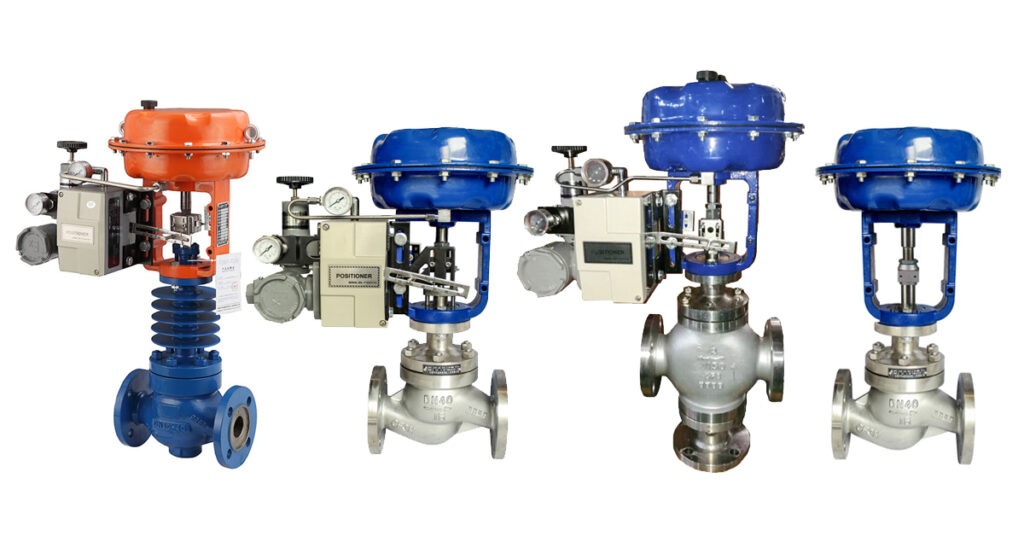المدونة
توفر شركة ديلكو للصمامات حلولاً متنوعة ومثالية للصمامات الصناعية، خاصة لصمامات التحكم.
- الصفحة الرئيسية
- "
- المدونة
- "
- كشف النقاب عن تعدد استخدامات صمامات التحكم الهوائية: التطبيقات والفوائد
المدونة
- تعدد استخدامات الصمامات الآلية
- الصمامات الكهربائية مقابل صمامات الملف اللولبي
- إتقان فحص صمام أمان الضغط
- تطبيقات صمامات التحكم الهوائية
العلامات
اتصل بنا
كشف النقاب عن تعدد استخدامات صمامات التحكم الهوائية: التطبيقات والفوائد
- صباح الخير جيانغ
Exploring the realm of pneumatic control valves unveils a world of precision and efficiency in fluid flow regulation across diverse industrial applications. These valves, driven by compressed air or gas, offer a reliable and responsive means of controlling flow rates, pressures, and temperatures within systems. In this comprehensive guide, we will delve into the extensive usage and varied applications of pneumatic control valves, highlighting their benefits, operational principles, and considerations for optimal performance in industrial settings.
Pneumatic control valves serve as indispensable components in industries such as:
HVAC systems
Petrochemical plants
Pharmaceutical manufacturing
Water treatment facilities
These valves play a crucial role in:
Regulating fluid flow
Maintaining process parameters
Ensuring system safety and efficiency
Operational Principles of Pneumatic Control Valves
Pneumatic control valves operate based on the following principles:
Actuation: Compressed air or gas is used to actuate the valve mechanism, controlling the flow of fluids.
Positioning: The valve position is adjusted to modulate flow rates, pressures, and temperatures within the system.
Control Signals: Signals from control systems dictate the valve’s position, enabling precise regulation of process variables.
Applications of Pneumatic Control Valves
Pneumatic control valves find diverse applications in:
Flow control systems
Pressure regulation
Temperature management
Fluid mixing and blending
Key benefits of pneumatic control valves include:
Rapid response times
High precision control
Reliability in harsh environments
Cost-effective actuation solutions
Considerations for Optimal Performance
To maximize the performance of pneumatic control valves, operators should consider:
Proper sizing and selection based on system requirements
Regular maintenance and calibration to ensure accuracy
Integration with control systems for automated operation
Compliance with industry standards and safety regulations
In conclusion, pneumatic control valves stand as essential assets in industrial processes, offering a blend of reliability, precision, and efficiency in fluid flow regulation. By understanding their applications, operational principles, benefits, and performance considerations, operators can leverage the full potential of pneumatic control valves to enhance system performance and operational excellence.


